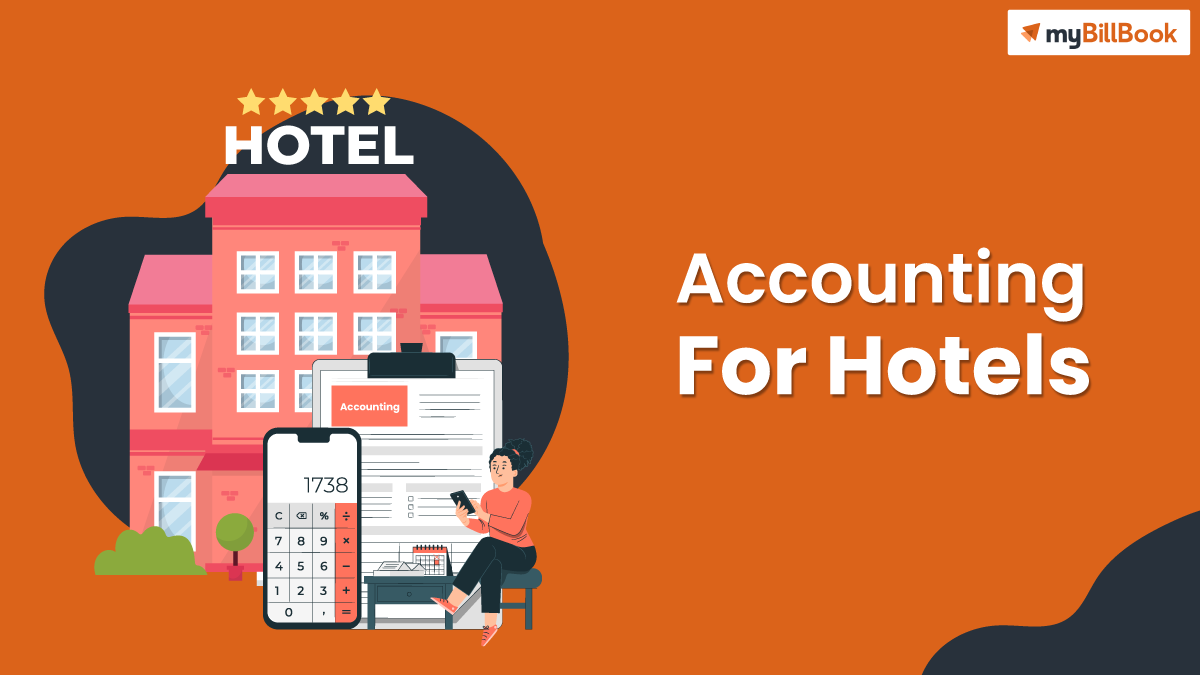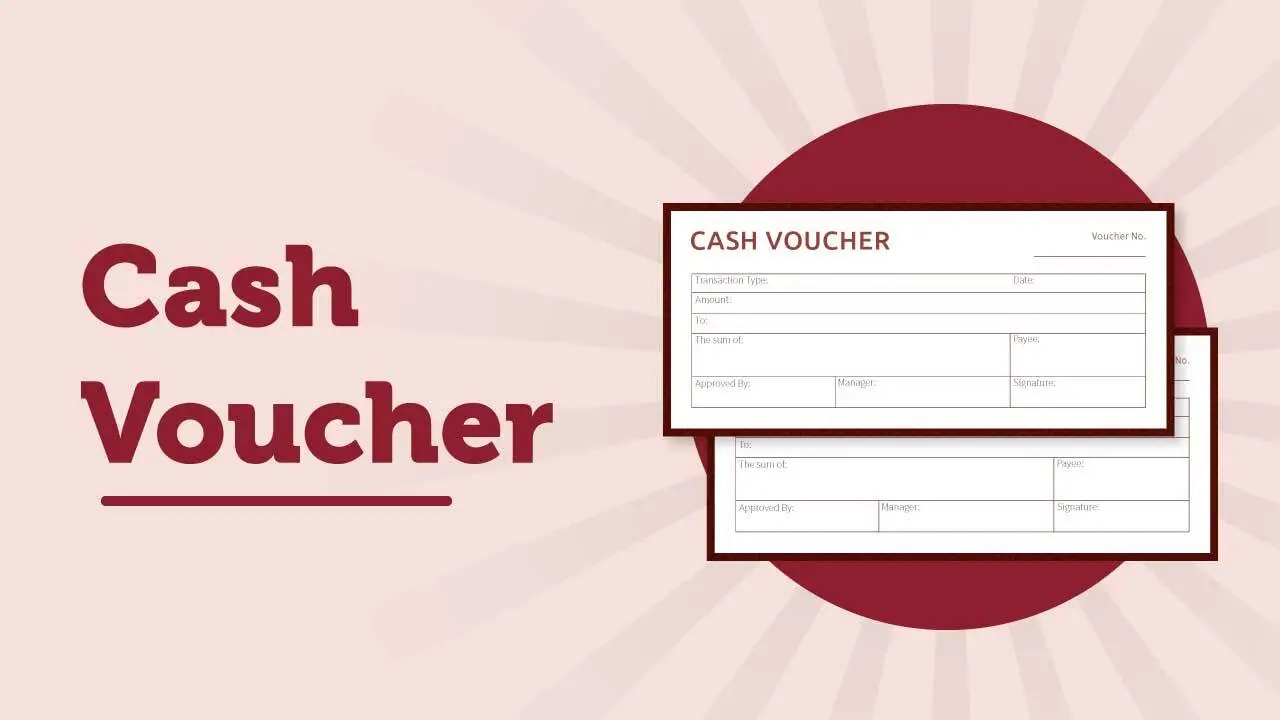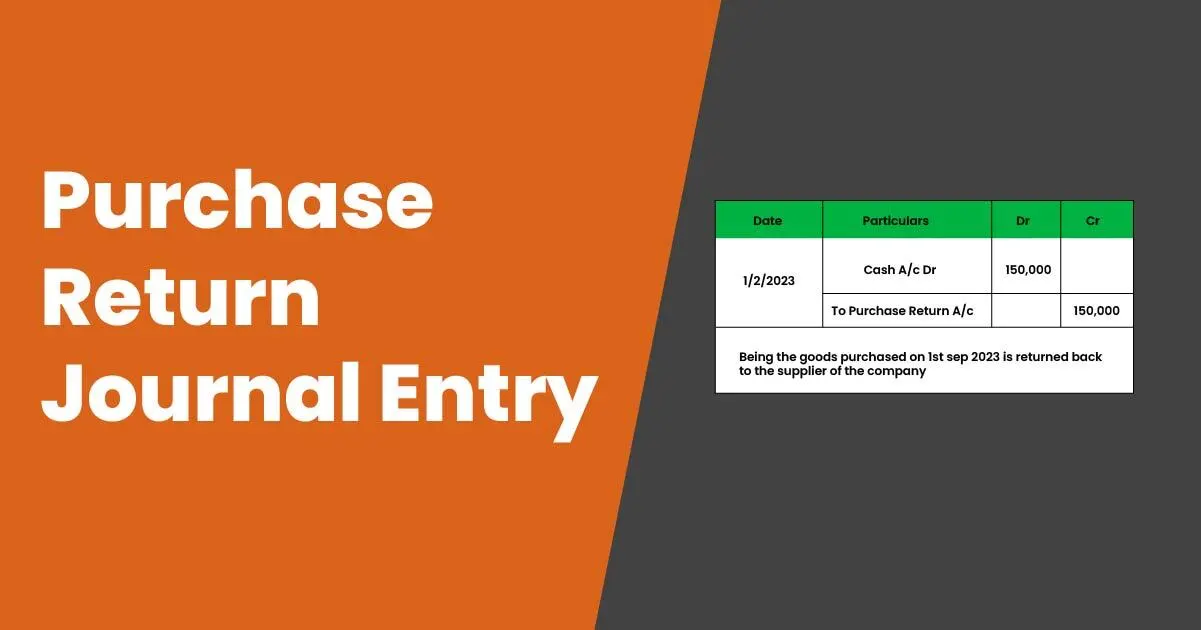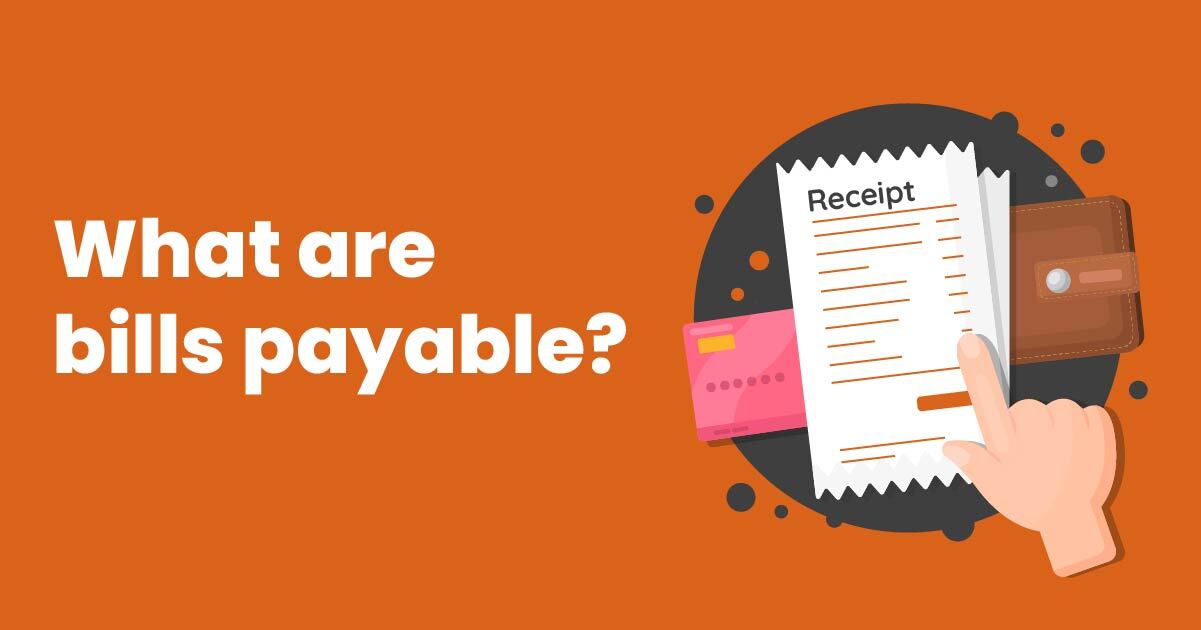Quality accounting practices are integral to any business’s effective management and functioning. Keeping track of all transactions, investments, and reports helps generate crucial insights for a business’ future. While most accounting practices apply to businesses of all kinds, hotel accounting poses different challenges and requires a unique approach.
How is accounting for hotels unique?
The hotel industry is a complex one and requires careful management of all finances to ensure growth. Gone are the days when a hotel business was just about offering food and accommodation. Today, a hotel offers much more, including recreation, comfort, entertainment, business facilities, party venues, etc. The accounting principle applied to the hospitality industry has changed with the growth that the sector has witnessed.
Running a hotel is no easy task, especially if you have no background in financial planning or hotel accounting. Hotel owners need to comply with a wide range of taxes, stock-takes, and superannuation. In addition, hotels have to comply with heavy regulations related to food handling, permits, liquor license, and many more. Casual employees, irregular timings, dry and wet goods, and high competition in seasonal trade are some other elements that make the hotel industry highly complex.
Hotel accounting requires managing more departments than most businesses. It is not uncommon for a hotel to have different regulations for serving lunches and dinners or for refreshments, and especially for the bar. There are many other revenue streams and expenses that hotel accounting involves. For this reason, hotel accounting involves maintaining separate accounts for the sale and purchase of various items. It is how a hotel owner can ascertain that the finances are balanced and everything is in place.
The hotel industry has its unique challenges, from dealing with the budgets for on and off-season to maintaining high standards for guests, and so does its accounting operations.
Also read about Accounting Vouchers
Challenges associated with hotel accounting
The hotel industry has to deal with ups and downs on a seasonal basis. This variation in the volume of guests is just one of the factors that bring uncertainty to the hotel business. Considering how a hotel business runs and the number of moving parts in the process, it is no surprise that hotel accounting is complicated. It involves a host of complex methods and practices than regular accounting.
Here are some of the major challenges of hotel accounting:
1. Fluctuating occupancy rates
In the hotel business, the occupancy rates are too difficult to predict correctly. These rates depend on several factors, including the season, marketing campaigns, economy, weather, etc.
However, it doesn’t take away the fact that occupancy directly impacts a hotel’s revenue. Therefore, it is crucial to perform predictions for occupancy as accurately as possible.
2. A higher number of revenue streams
Although having more than one or two revenue streams is considered healthy for a business, it is no secret that it adds to the complexity of the accounting processes. Hotel accounting has to deal with a more significant number of revenue streams, including restaurant bar, room service, banquets, rooms, etc. This multitude of revenue streams is one reason why hotel accounting is far more than just a walk in the park.
3. Add-on services
Guests expect a hotel to offer a wide range of services that don’t directly generate revenue. Complimentary services like breakfast, dry cleaning, toiletries are just a few of many. Although guests do incur a minimal cost for these services, the outstanding has to be paid by the hotel, which can add up quickly. A crucial element of hotel accounting is tracking these overlooked costs. If these costs aren’t included in room costs, the hotel might lose profits, quickly sliding down into losses.
4. Varying accommodation costs
Room rates in the hospitality industry vary based on many factors, unlike a specific fixed service or product. The room rates vary with the season, type of room, view, and amenities. It is even different for a weekday and a weekend. This variation further adds to the difficulty of hotel accounting.
5. Room-service charges
Just like accommodation costs, room service charges vary from guest to guest. Hence, it is pretty challenging to record. Some guests may not use the service, while others may put thousands of rupees on their tab. As a result, the accounting department needs to find a way to record these additional expenses effectively.
Why do you need accounting software for your hotel business?
Optimising the growth of your hotel business begins with identifying all the expenses and costs that you incur. Then comes managing, recording, analysing all these expenses to ensure there are no leaks and losses. However, with the complexities involved in running a hotel, it is not easy to accomplish all these tasks. The ideal approach is to have your staff trained in hotel accounting or hire someone already trained to manage the accounts. But this does not protect your hotel accounting from the possibility of human errors.
Hotel accounting software is an excellent choice for a business looking to ensure impeccable accounting records and analysis. An integrated accounting platform can help your accounting personnel easily track daily expenses and even calculate future revenue and costs. Using accounting software enables you to automate forecasting and recording. What’s better is one can access these records in real-time on multiple devices.
myBillBook is easy-to-use accounting software that removes all the hassle from hotel accounting.
Why myBillBook is the perfect choice for hotel accounting needs?
Streamlined operations
With myBillBook’s accounting software, you can manage everything in one place. You can easily dodge the need to access multiple systems and unify your operations.
Quick reports
Eliminate the need to manually prepare reports every time you wish to gain insights into your business performance. Download reports instantly for any period.
Enhanced productivity
myBillBook can shoulder a significant portion of the responsibility of your account managers. It enables them to live up to their potential and improve productivity.
No room for errors
Data accuracy forms the base for healthy hotel accounting. With myBillBook, you eliminate the need for manual data entry duplication, reducing the scope for errors.
Track receivables and payables
myBillBook allows you to collect payment with a single click. It also sends payment reminders and notifies you about overdue payments.
Better insights
myBillBook gives you access to real-time revenue stats, profits, etc. You can analyse your data better and generate insights to make informed decisions for your business growth.
Cut down on expenditure
By choosing myBillBook, you can cut down on the operational cost of your hotel. Reducing manual labour for accounting can result in significant savings.







